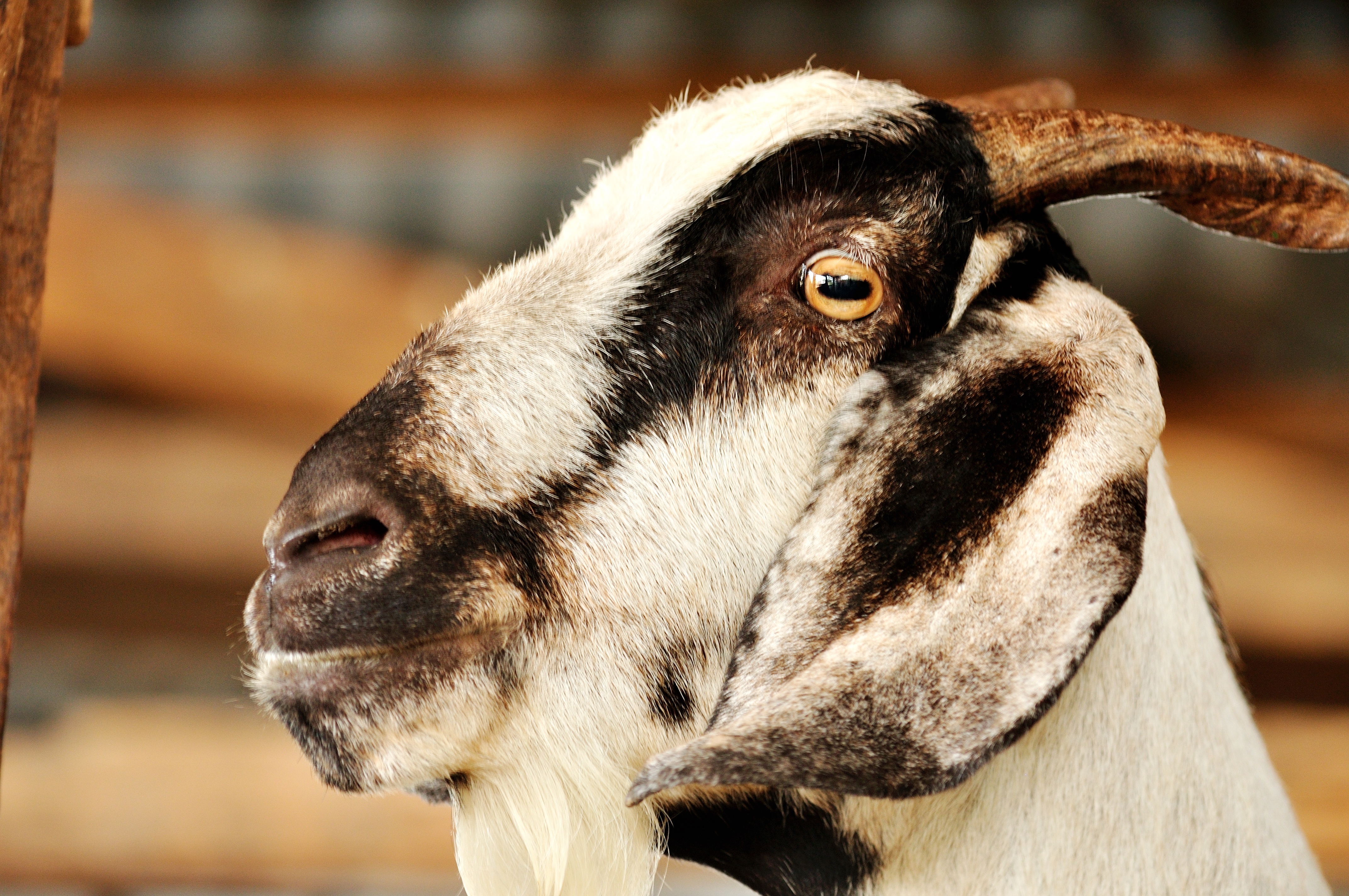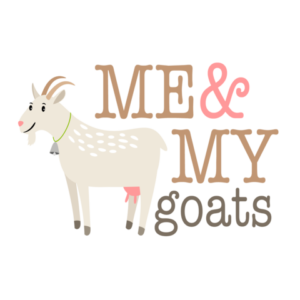
Have you ever wondered what was going on with your goat’s eyes and why they are the way they are? It has always been a question of whether or not goats can see just as well in the dark as they do during the day because of their strange eyes. So, can goats see in the dark?
Goats can see in the dark as other animals of prey can. They have wider pupils which allows for them to have this better night vision. It also helps them to keep their eye out for predators along the way.
So how does this night vision aid them in their protection from predators? And how is it possible that a wider pupil would provide them with better night vision?
A means for survival

The night vision of a goat is a necessary genetic for their survival. As goats are a type of prey for many animals, they need to be able to see at night in order to keep their eyes out for what might be hunting them.
A goat needs to know when to run, and when the surrounding area is safe enough for them to move on.
We would probably want the same ability if we didn’t have our own source of light and protection during the night. Most animals don’t even have a safe place to live as a protection from the wild dangers that surround them.
Warning: Even though you may have provided a safe place for your goat to live, you may encounter other dangers that could kill them. Such as food poisoning or lack of nutrition.
(Source: Can Goats See in the Dark? & Other Facts About Goat Vision | Farmhouse Guide)
Broad sight of a goat

Goats have a pupil in the shape of a rectangle in order to give them a wider range of vision. Their vision field is so wide that they can even spot a predator in their peripherals.
Fun Fact: Their eyes can rotate in their head to maintain parallelism with the ground. Meaning that no matter how they move their head, their eyes will remain parallel. Even as they graze, they will be able to maintain the same level of vision in it’s wide range view.
Fact or opinion?: Many have thought that goats are capable of seeing a full three hundred and sixty-degree range of vision. Meaning that they have no blind spot.
Fun Fact: We do know, however, that they do have another skill, in which they can control just how much light is entering into their eyes. This is another function that allows them to see better at night. However, not only does it help with their night vision, but it is also a tool that they use to prevent being blinded by the sun.
Imagine being able to open your eyes on a sunny day without having to use a pair of sunglasses for protection. What a gift that would be. Well, unfortunately for us, unless you’re a goat, you do not have this ability.
(Source: Can Goats See in the Dark? & Other Facts About Goat Vision | Farmhouse Guide)
(Source: Why Do Goats Have Rectangular Pupils? | Redwood Hill Farm)
Spotting a predator

As previously explained, goats are a type of prey and need to be able to be aware of and protect themselves from predators. So how do they do it?
Goats use their rectangularly shaped pupils to improve their night vision at a wide range. They do this in order to see clearly whether or not there is a predator in any area of their vision.
In summary: Goats do these things by having a wide field of vision that remains parallel no matter how they turn their heads. They can see during both day and night without hurting their eyes. This is due to their ability to choose their levels of light intake at any time of the day or night.
It would be nearly impossible to sneak up on a goat unless you somehow found a blind spot that they may not have.
Warning: You may think that this isn’t a necessary concern. Especially as your goats have a home that is warm and safe. Right? Well, you should consider that predators don’t care about fences or other defenses. They will not hesitate to sneak into any area that houses your goats. Even if you have provided a safe space, predators could and will most likely violate the privacy of your goats within that place. Thankfully though, due to a goat’s ability to see at night, their quick vision makes it challenging for any predator to get what they came for.
Something to consider: A goat that can’t see very well, won’t be able to survive very well either. Goats rely a lot on their vision to protect themselves. Granted, with help, they may be able to learn how to survive better without their vision. However, if a predator were to sneak into their safe space, they wouldn’t be able to recognize their presence in the way that another goat might.
(Source: Can Goats See in the Dark? & Other Facts About Goat Vision | Farmhouse Guide)
The position of the eyes on their faces

Because goats are prey, they also have a specific genetic placement in which their eyes are positioned on the sides of their face. They need to have this placement in order to be able to have a wider range of protective vision. By having their eyes turned outwards, they can achieve a greater range of vision.
This makes it even more difficult for any predator to sneak up on a goat, as they can see off to the sides where most of us would have a blind spot in our vision.
It is no wonder that the vision of a goat is so impressive, which explains why our furry friends are so good at staying alive for so long. We may not be able to do much to protect them, but they can use their vision to protect themselves.
(Source: Can Goats See in the Dark? & Other Facts About Goat Vision | Farmhouse Guide)
